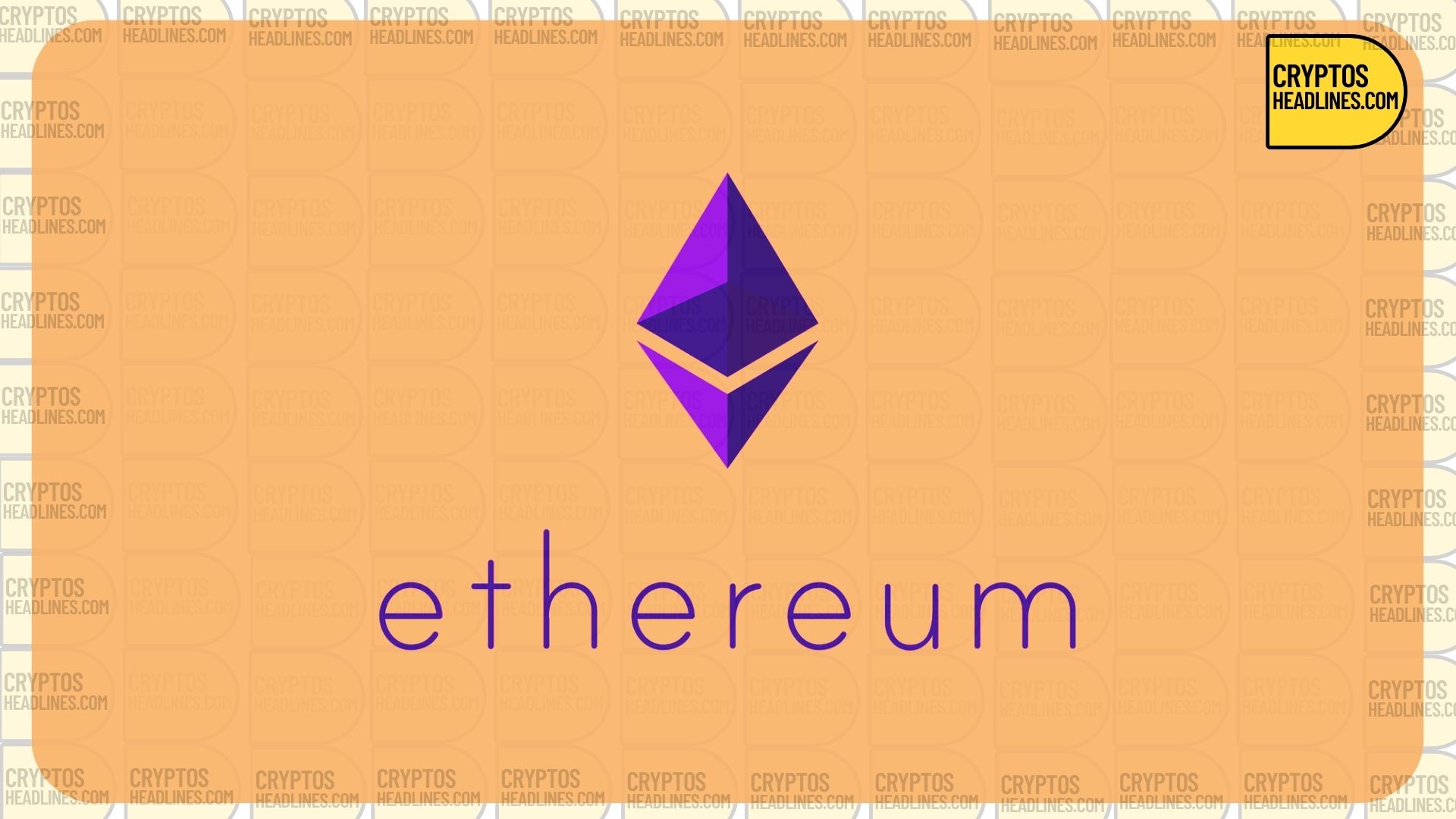Virgil Griffith, an Ethereum developer who is currently in prison for five years, has been prohibited from exporting for 10 years by the Department of Commerce. This means he cannot engage in export-related activities until April 12, 2032.
As a result of his actions, Griffith is now facing restrictions on participating in international trade and transactions due to the export privilege bar.
On April 12, 2022, Virgil Griffith was found guilty in a New York court for breaking the International Emergency Economic Powers Act (IEEPA). He was charged with providing services to North Korea without permission from the Department of Treasury and avoiding US sanctions on North Korea.
In 2021, the trial of Virgil Griffith, a former developer for the Ethereum foundation and known as the “Internet Man of Mystery,” began. The US Attorney Geoffrey S. Berman accused Griffith of intentionally sharing technical information with North Korea that could assist in money laundering and bypassing sanctions.
Berman highlighted that Griffith’s actions undermined the sanctions imposed by Congress and the president to put pressure on North Korea’s dangerous government. The criminal complaint also stated that Griffith traveled to North Korea in April 2019 without permission from the US, despite being advised against it.
Griffith has been given a punishment of 63 months in confinement, which is about 5 years and 3 months, followed by 3 years of supervised release. In addition, he has to pay a $100 assessment fee and a criminal fine of $100,000.
Under the Export Control Reform Act (ECRA), individuals can have their ability to export goods or technology denied for a maximum of ten years if they have been found guilty of certain offenses, such as violating the International Emergency Economic Powers Act (IEEPA). This denial of export privileges may also lead to the cancellation of any licenses or permissions granted by the Bureau of Industry and Security (BIS).
In the case of Virgil Griffith, the BIS was informed of his conviction for violating the IEEPA. He was given the opportunity to submit a written statement, which he did, and the BIS has received and considered his submission.
John Sonderman, the director of the Office of Export Enforcement, replied to the submission by stating:
“After carefully reviewing the information provided by Griffith and consulting with relevant departments, I have determined that Griffith’s export privileges will be denied for a period of ten years, starting from the date of his conviction.”
As a result, Griffith will be prevented from directly or indirectly engaging in any transactions related to goods, software, or technology that are subject to US export regulations. In simpler terms, his ability to export as a US citizen will be restricted.










